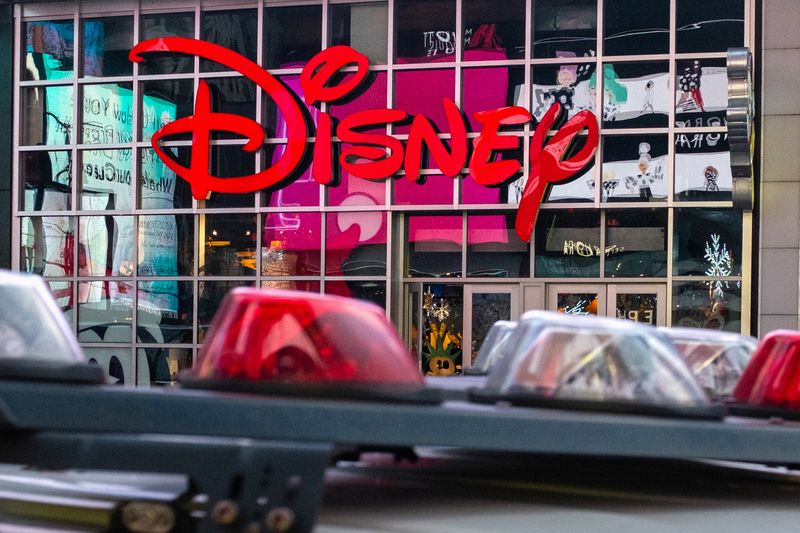Amid growing legal challenges and shifting public opinions, several corporations are reassessing their diversity, equity, and inclusion (DEI) practices. Reports from multiple outlets indicate that this reevaluation comes in response to legal pressure from conservative activists, shareholders, and investors, as well as concerns over recent Supreme Court decisions and allegations of discrimination.
Key Issues:
Legal Challenges to Racial Recruiting Quotas: Companies are facing allegations of unlawful discrimination, particularly regarding racial recruiting quotas. These challenges have prompted some corporations to modify or eliminate certain DEI policies.
Supreme Court Rulings and Antisemitism Concerns: The June Supreme Court decision striking down race-based admissions in universities has intensified corporate worries about DEI policies. Additionally, a rise in antisemitism on college campuses has led to increased scrutiny of these practices.
Shareholder Concerns: There’s a growing argument that DEI policies could inadvertently exclude qualified candidates, impacting shareholder value. Some believe that DEI efforts may also conflict with federal employment laws.
Economic Impact and Public Opinion Shifts: Since George Floyd’s death in May 2020, corporations have invested heavily in DEI initiatives. However, the debate around these practices is evolving, with some critics linking DEI to broader concerns of meritocracy and legality.
Terminology and Focus Shifts: In light of these challenges, some companies are moving away from explicitly racial language in DEI policies. For instance, investment giant Blackstone is emphasizing socioeconomic diversity, and terms like “wellbeing and inclusion” are being adopted.
High-Profile Cases and Commentary: The resignation of Harvard President Claudine Gay over plagiarism allegations has added to the DEI debate. Public figures like billionaire Bill Ackman have expressed concerns that DEI, in its current form, might contravene the principles of meritocracy and legality.
In response, shareholder activists have sent letters to various corporations, alleging that DEI initiatives could be discriminatory and potentially illegal. Companies like American Airlines, BlackRock, JPMorgan Chase, and Lowe’s have reportedly edited their DEI language following these challenges.
This shift in corporate DEI strategies reflects a complex and evolving landscape, where legal, ethical, and economic considerations are increasingly influencing how companies approach diversity and inclusion.
